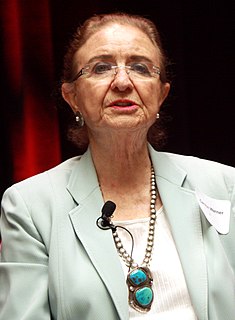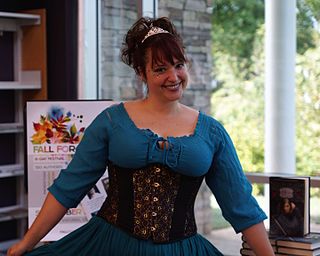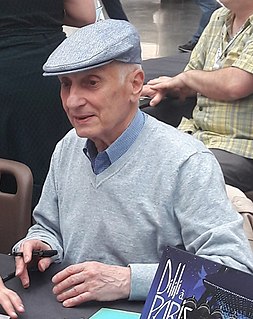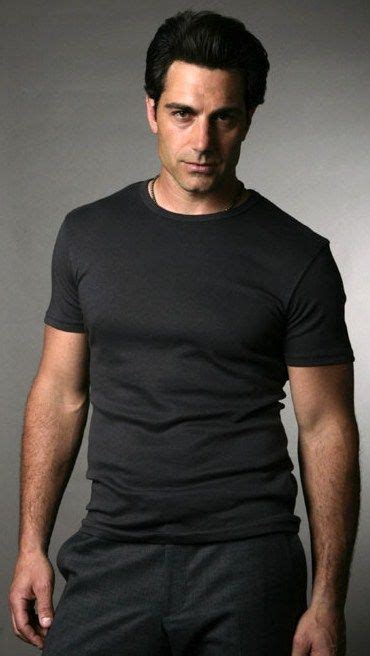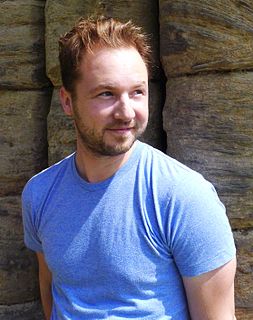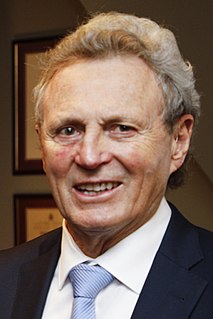A Quote by Carolyn Warner
Years ago, fairy tales all began with Once upon a time... now we know they all begin with, If I am elected.
Quote Topics
Related Quotes
[Fairy tales] are like a journey to the woods and the many ways you can get lost. Some people say it's not a good idea to read fairy tales to anyone under the age of eight because they are brutal and raw. When I was a kid I often felt that kids's books were speaking down to me, but I never felt that way about fairy tales. They are bloody and scary, but so is life.
Though now we think of fairy tales as stories intended for very young children, this is a relatively modern idea. In the oral tradition, magical stories were enjoyed by listeners young and old alike, while literary fairy tales (including most of the tales that are best known today) were published primarily for adult readers until the 19th century.
I did translations of Grimms' Fairy Tales and became very charmed about that way of looking at things. Fairy tales tell a lot of truths. Just as a side point, for instance, we always think the bad guys in fairy tales are the stepmothers, who are witches. But where are the fathers when the witches are killing and mishandling their children? Away. They are on a business trip. They are hunting, they are away. Wow, you know! No one says the fathers are the bad guys! It's one of the things you don't say. But my goodness, where are they?
